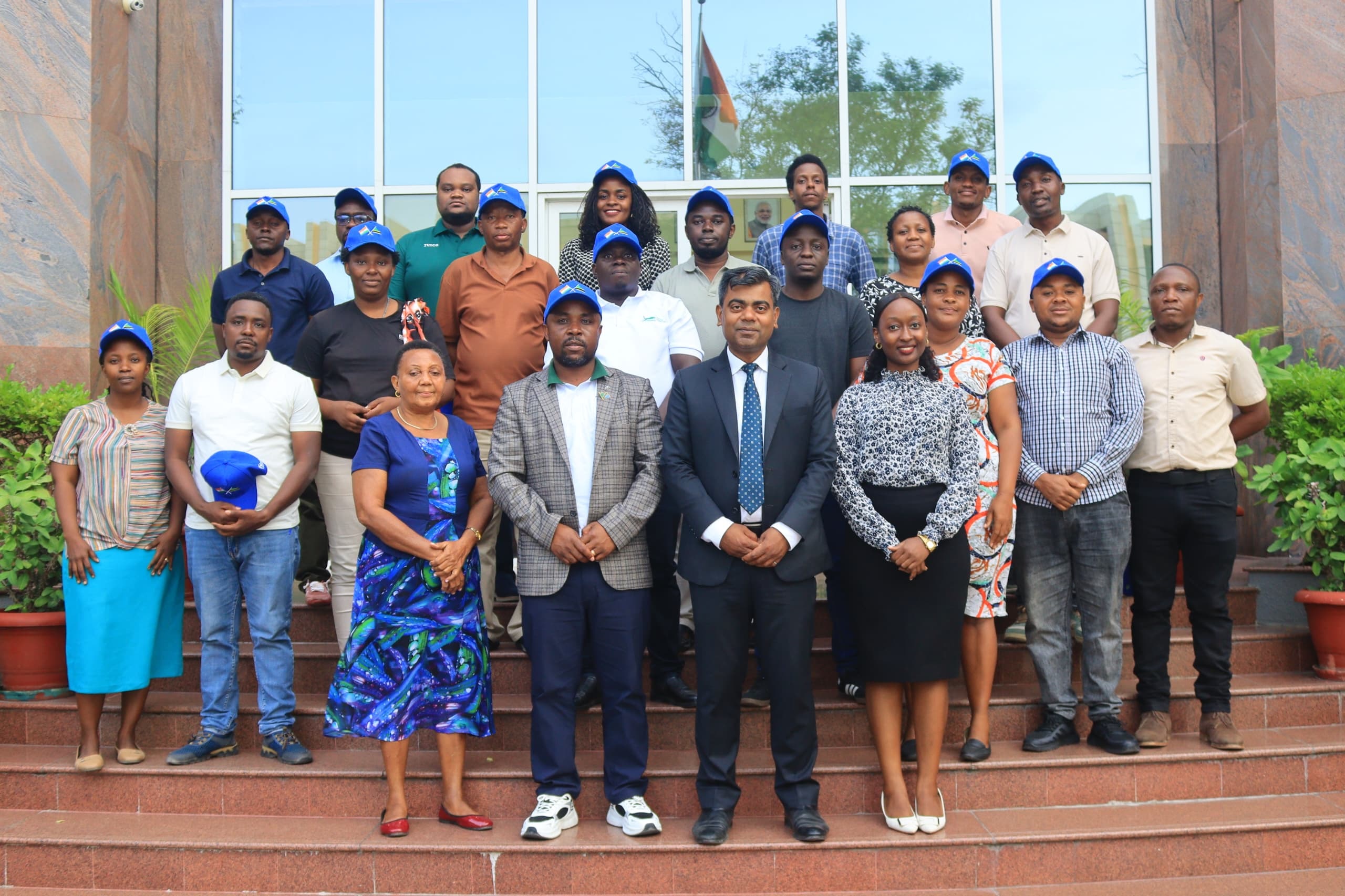Report sheds light on principles of China's poverty reduction governance model

A think tank report has shed light on the foundational principles of the anti-poverty theory with Chinese characteristics that is becoming an essential intellectual asset for the progress of human civilization.
The report, titled "Striving for a Better Life for the People: China's Practical and Theoretical Innovations in Consolidating and Expanding Poverty Alleviation Achievement," was released by Xinhua Institute, a national high-level think tank of Xinhua News Agency on Friday.
The report has summarized these fundamental guiding principles in five key aspects, including the Communist Party of China's strong leadership as the fundamental guarantee; putting people first as the ultimate value pursuit; concerted efforts as a distinctive feature; self-reliance and self-strengthening as a foundational principle; and step-by-step progress as a crucial strategy.
The report said that the theoretical framework underpinning China's poverty reduction governance has been continuously enriched and its methodological pathways steadily refined through years of practical exploration and empirical validation, which included the implementation of targeted poverty alleviation strategies, and the effective integration of the consolidation and expansion of poverty alleviation achievements with rural revitalization.
"This theoretical system is not only deeply rooted in China's national context but has also drawn from broader human experience and wisdom in poverty reduction, elevating localized insight to globally relevant value," it said.
According to the report, this system has also affirmed the plurality of development paths and offers governance solutions that are replicable, scalable, and transferable for the world, especially for developing countries.
Top Headlines
© 2025 IPPMEDIA.COM. ALL RIGHTS RESERVED






















